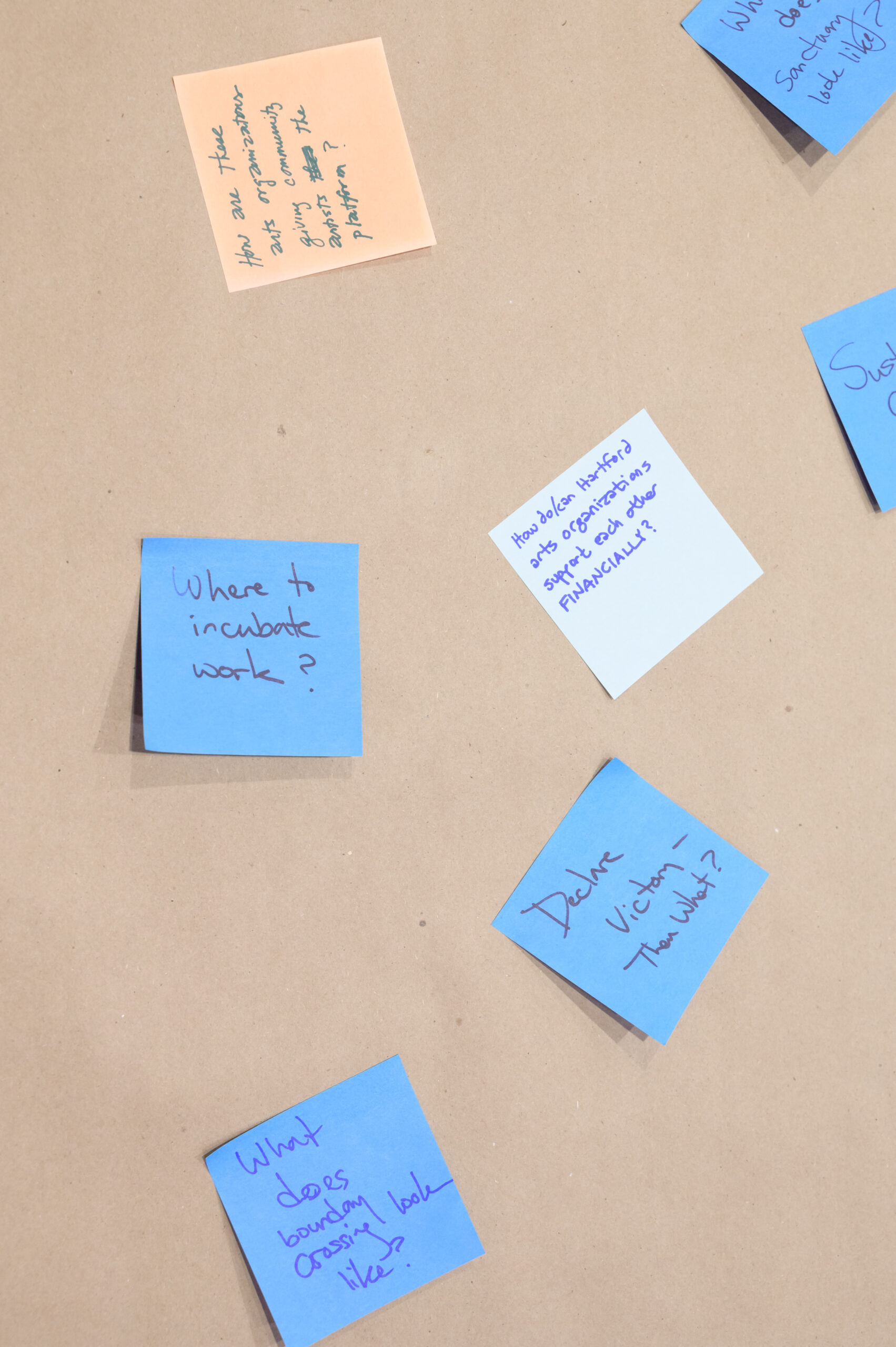Winding their way along the campus walkway between the Raether Library and Mather Hall yesterday, two first-year students agreed that the Bicentennial Fall Symposium had already been worthwhile.
And that was only after the morning session. A host of workshops and panels would follow throughout the afternoon on November 14, culminating in an evening keynote by poet and essayist Claudia Rankine.
Titled “Memory, Presence and Possibility,” the day-long event celebrated the Bicentennial by inviting faculty, staff, students, alumni, and campus partners to participate in an intergenerational dialogue.
“It’s a good break from classes while still being able to stay productive,” said Nordelis Vega ’27, while leaving a bookmaking workshop.
Vega attended the workshop with fellow InterArts Gateway Program participant Alison Henderson ’27. The pair also planned to go to the keynote talk by Rankine, whose book Citizen they recently read for a course.
In addition to hands-on workshops, the day’s myriad options addressed subjects such as A.I., shared governance, women in academia, disabled experiences, Greek life, religion, student journalism, entrepreneurship, STEM, and campus and neighborhood planning.
The benefits of such discussion would be felt on campus and beyond, according to Haben Abraham ’10, director of Trinity’s Counseling and Wellness Center, who attended an initial session with a student intern at the Center.
Abraham and Valene Fong, an intern and a master of social work student at Southern Connecticut State, went to the panel discussion, “Claiming Our Space and Building Belonging at Trinity College: QRC, WGRAC, and OMA.”
“Trinity is a learning environment with a reach further than the campus,” said Abraham.
A second Bicentennial symposium is slated for February 28.
Information Flow
Information Flow
Deborah Goffe, executive director of the Austin Arts Center and artist-in-residence in theater and dance, offers remarks at the start of the Bicentennial Fall Symposium. Goffe later moderated "Performing Hartford, Session I: Sustaining Arts Legacies" and "Performing Hartford: Planting Arts Futures."
Peter Kyle, associate professor of theater and dance, teaches "Slow Tempo," a physical performance style.
Joseph Catrino, executive director of Career and Life Design, addresses the audience during the panel, "A.I., the Liberal Arts, and the Future of Work."
The interactive nature of each panel was a defining feature of the Bicentennial Fall Symposium. Participants were encouraged to ask questions and contribute.
Kae Taylor IDP '15, speaks as part of the panel, "Trinity's Commitments to Hartford." On her right is Judy Dworin '70, H'20, professor of theater and dance, emerita.
Abby Williamson, associate professor of political science and public policy and law.
Bicentennial Fall Symposium evening keynote speaker, poet, and essayist Claudia Rankine, left, in conversation with David Sterling Brown '06, associate professor of English.
Poet and essayist Claudia Rankine, author of Citizen, talks to members of the Trinity community.
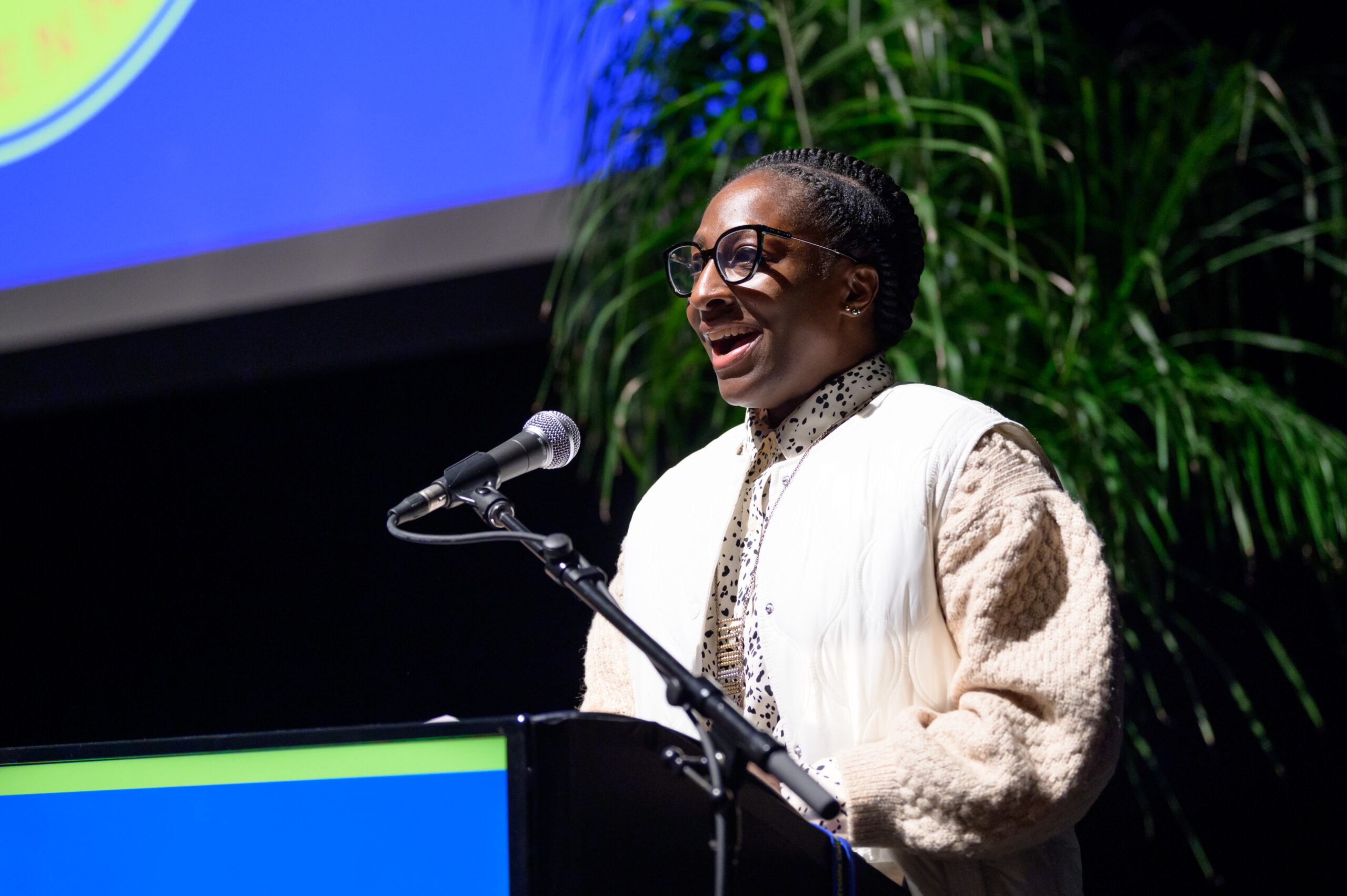
Deborah Goffe, executive director of the Austin Arts Center and artist-in-residence in theater and dance, offers remarks at the start of the Bicentennial Fall Symposium. Goffe later moderated "Performing Hartford, Session I: Sustaining Arts Legacies" and "Performing Hartford: Planting Arts Futures."
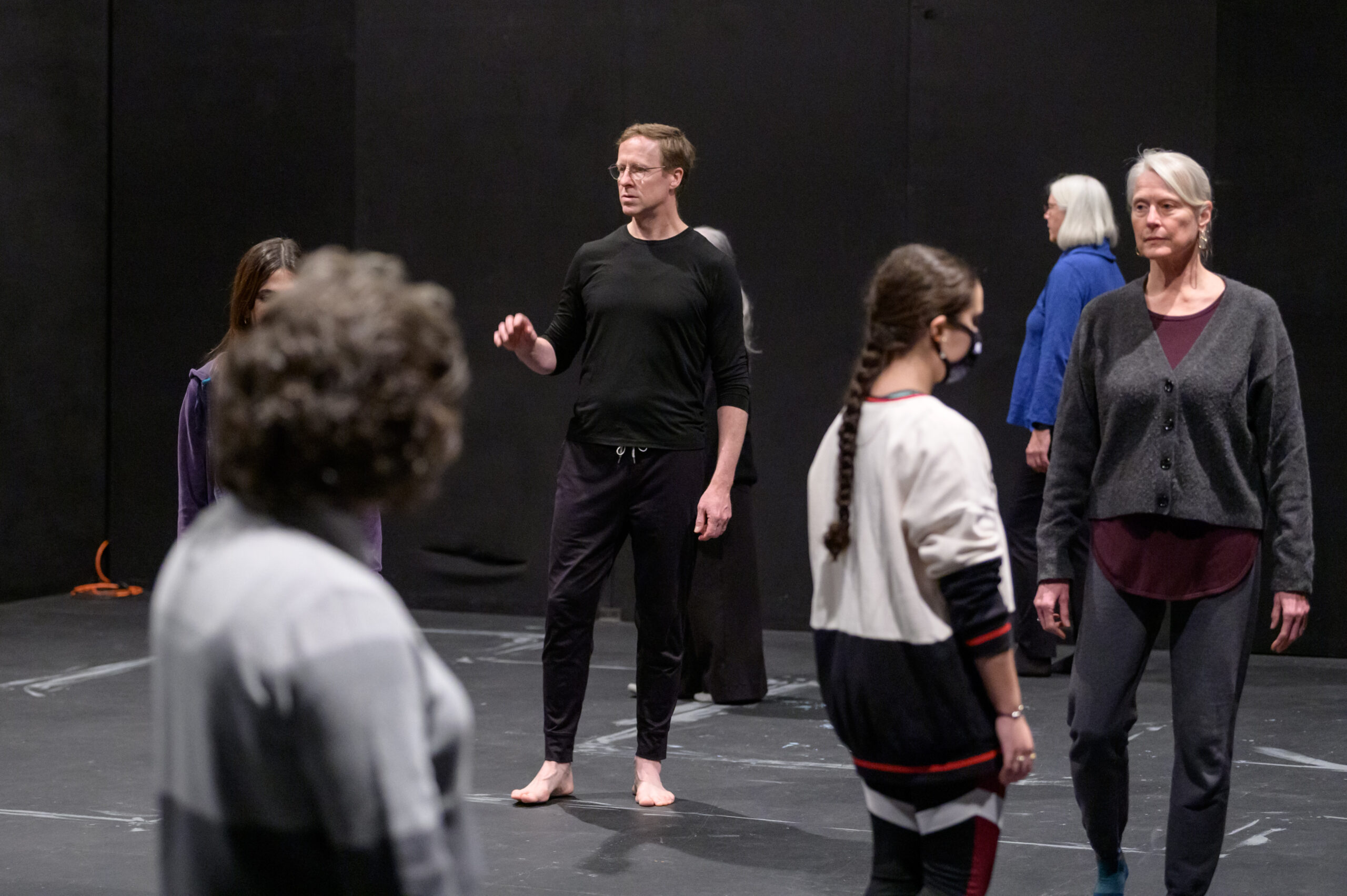
Peter Kyle, associate professor of theater and dance, teaches "Slow Tempo," a physical performance style.
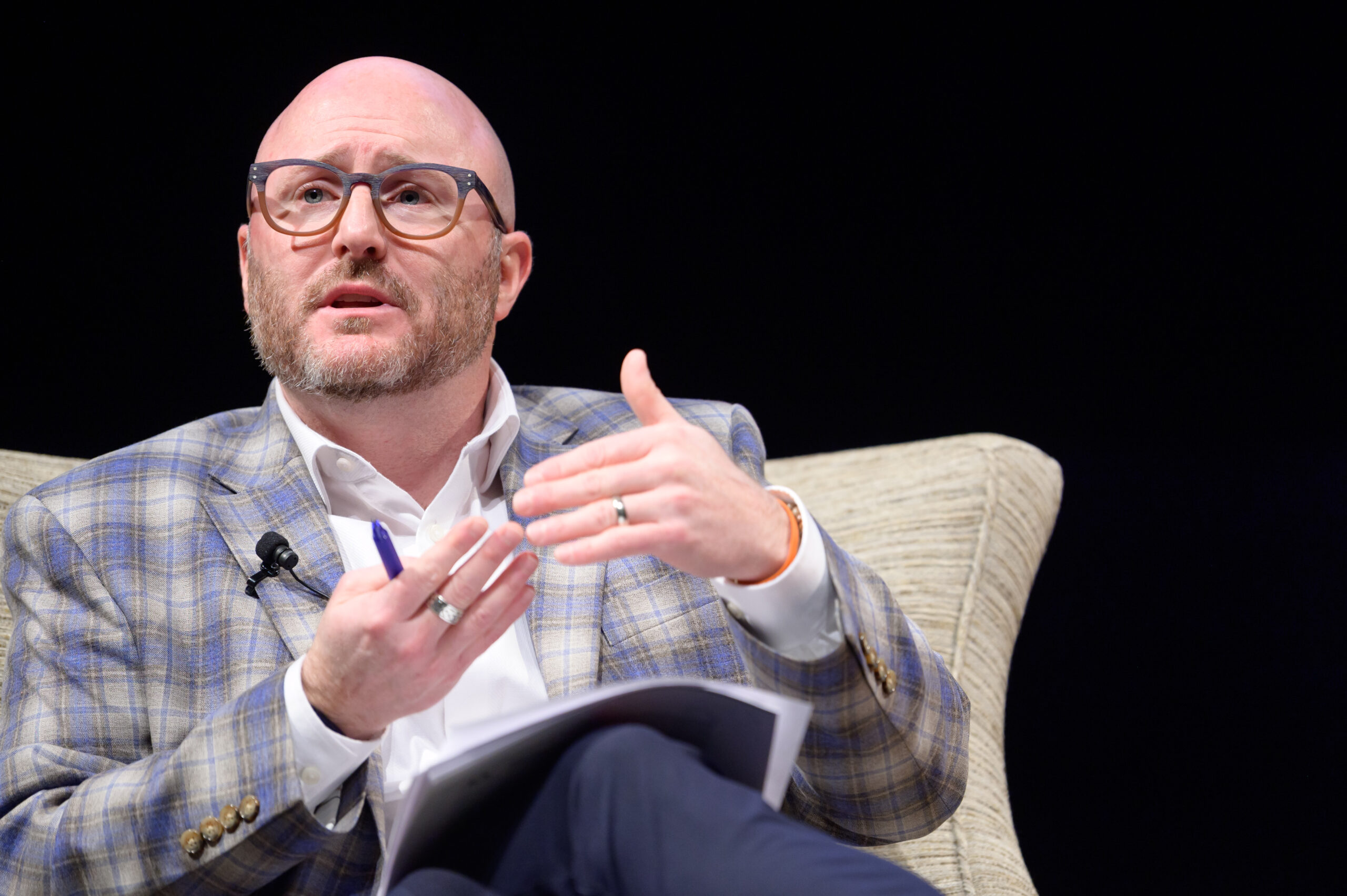
Joseph Catrino, executive director of Career and Life Design, addresses the audience during the panel, "A.I., the Liberal Arts, and the Future of Work."
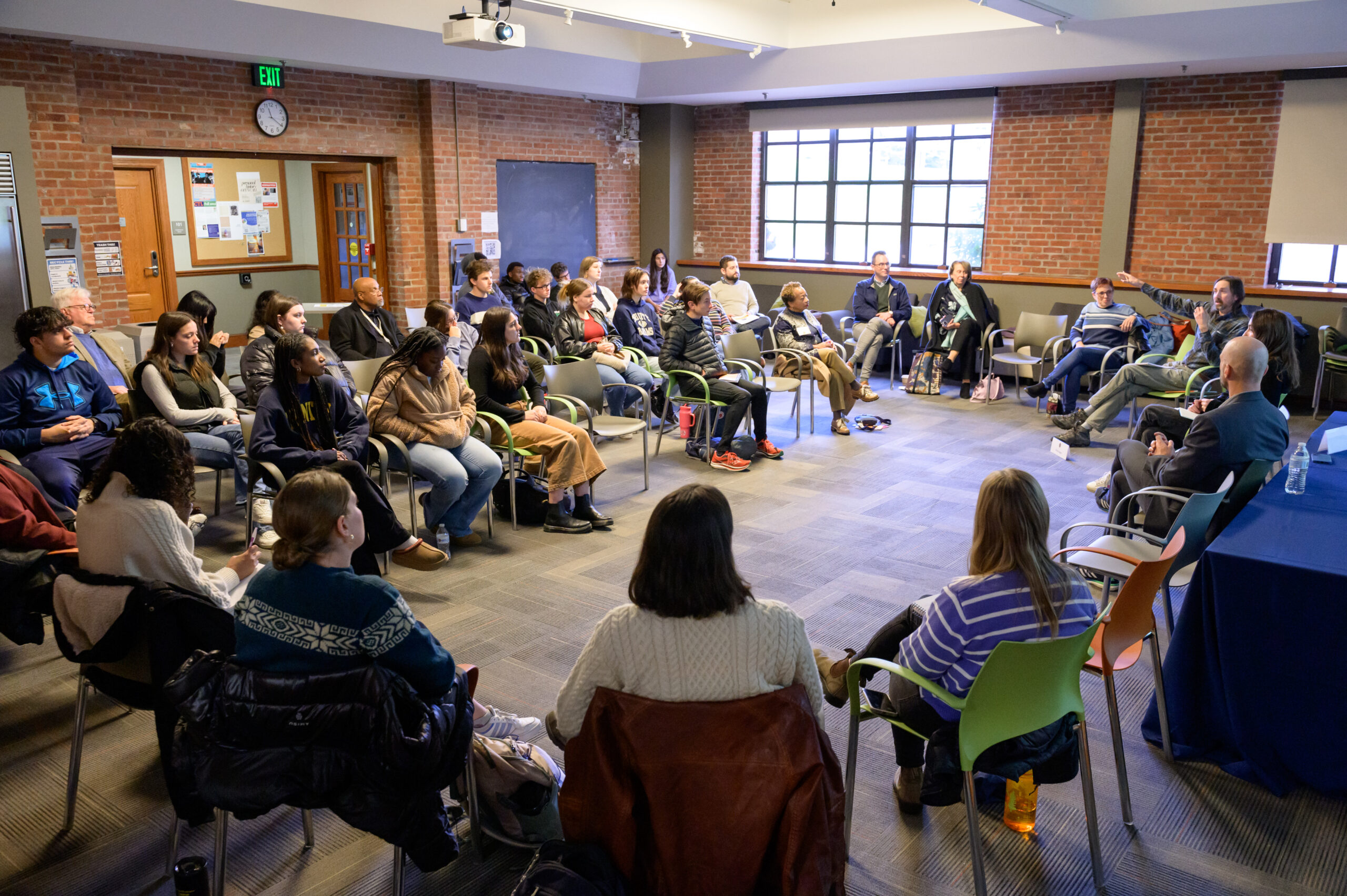
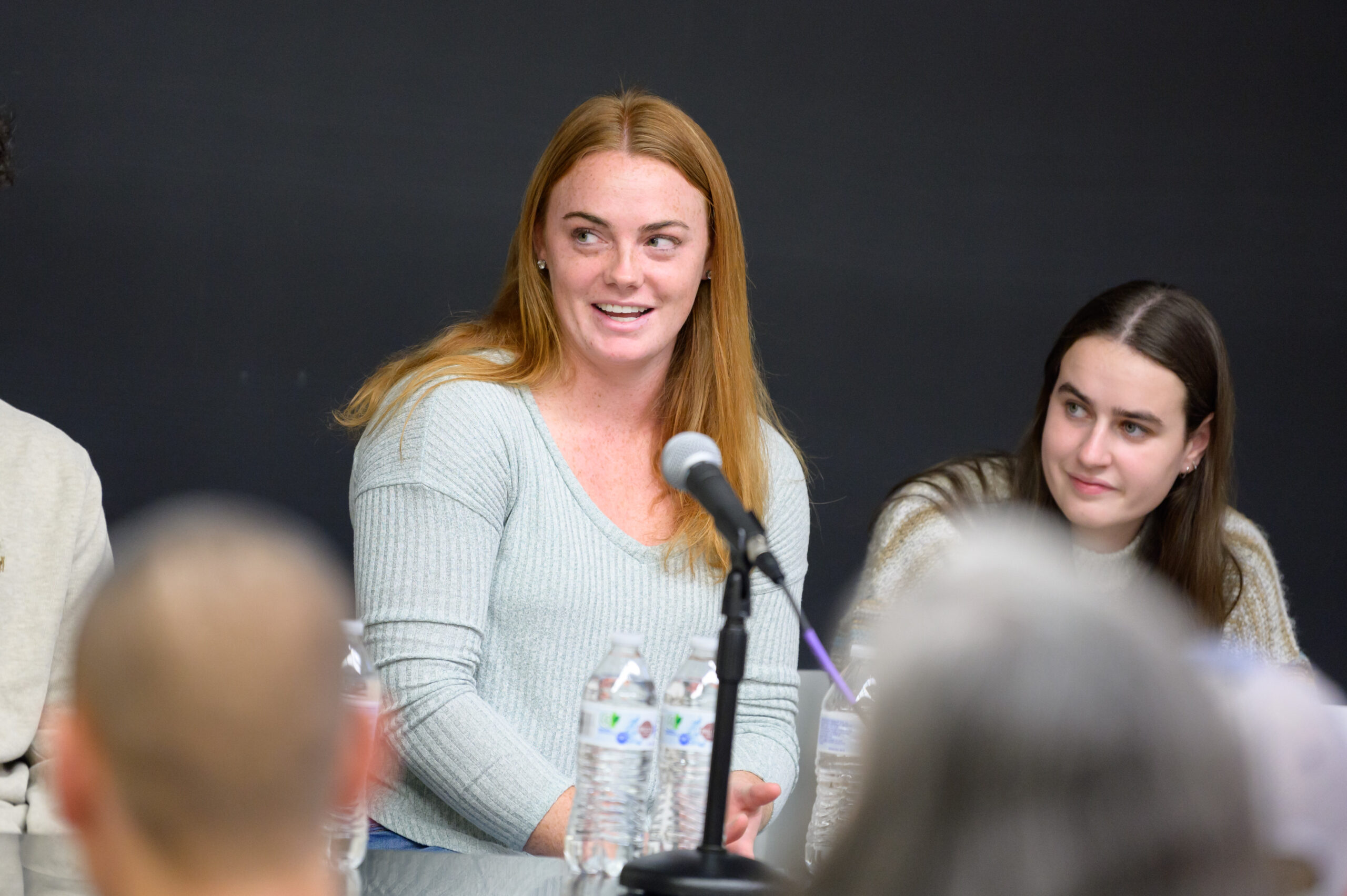
The interactive nature of each panel was a defining feature of the Bicentennial Fall Symposium. Participants were encouraged to ask questions and contribute.
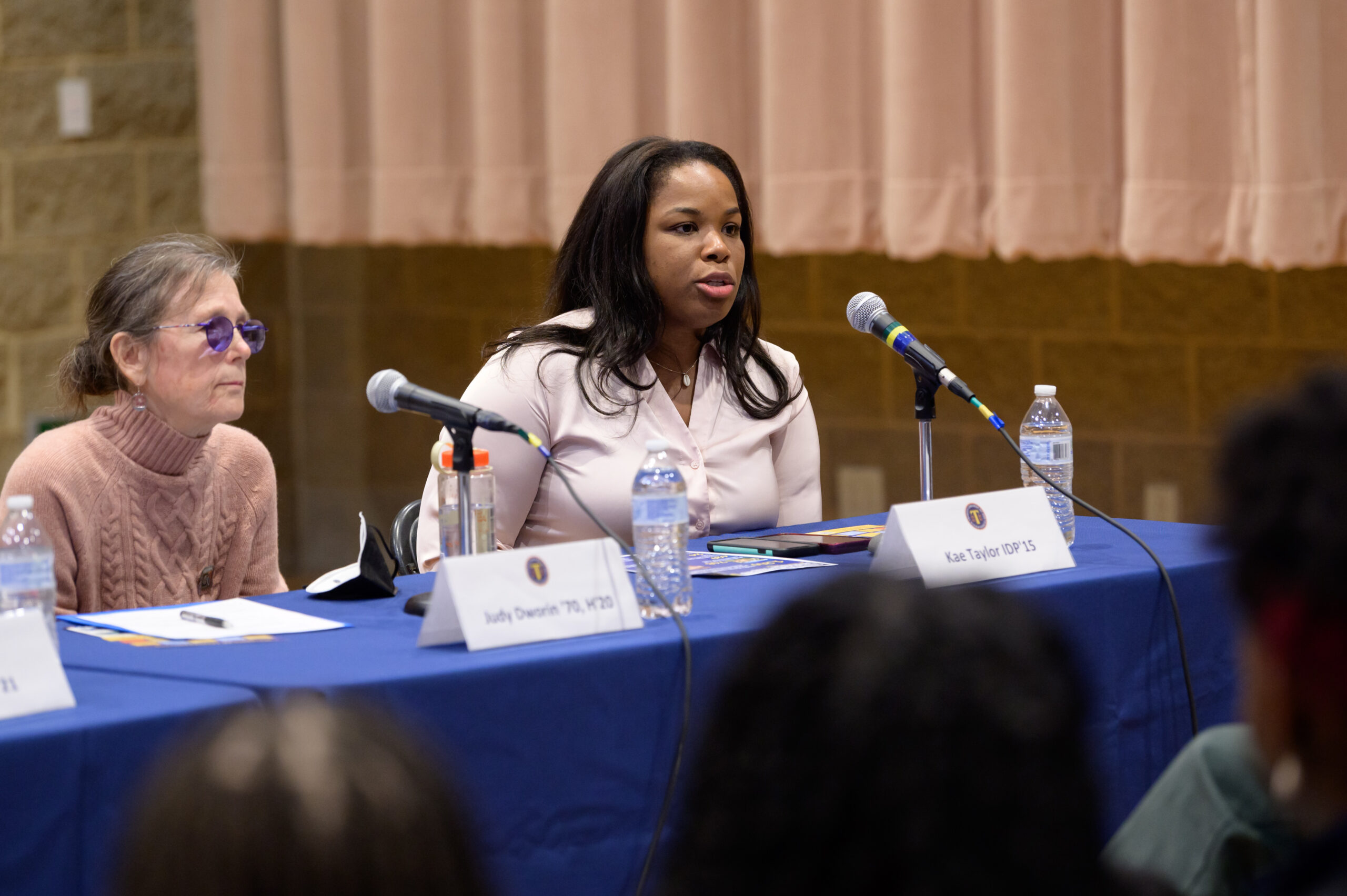
Kae Taylor IDP '15, speaks as part of the panel, "Trinity's Commitments to Hartford." On her right is Judy Dworin '70, H'20, professor of theater and dance, emerita.
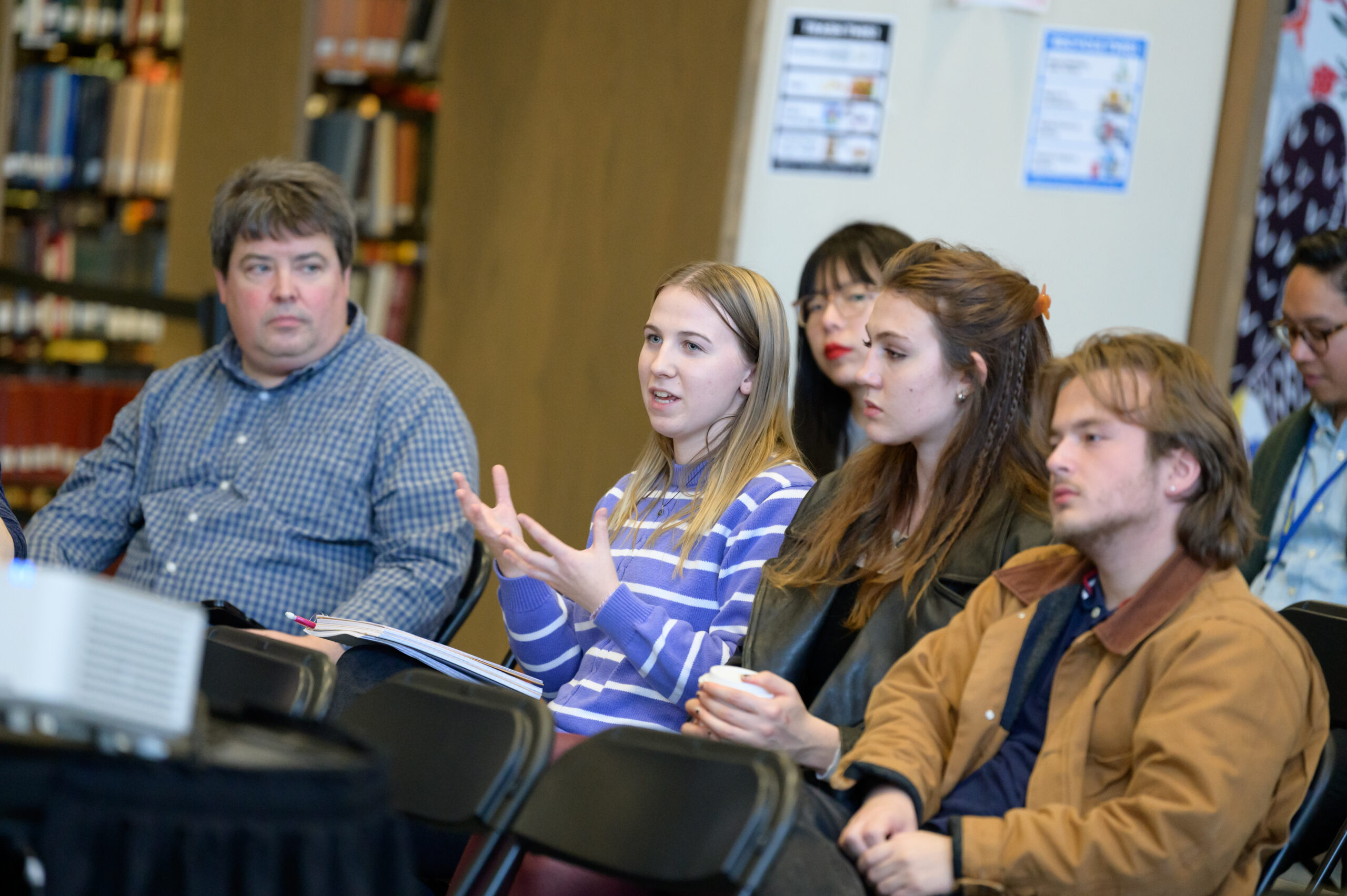
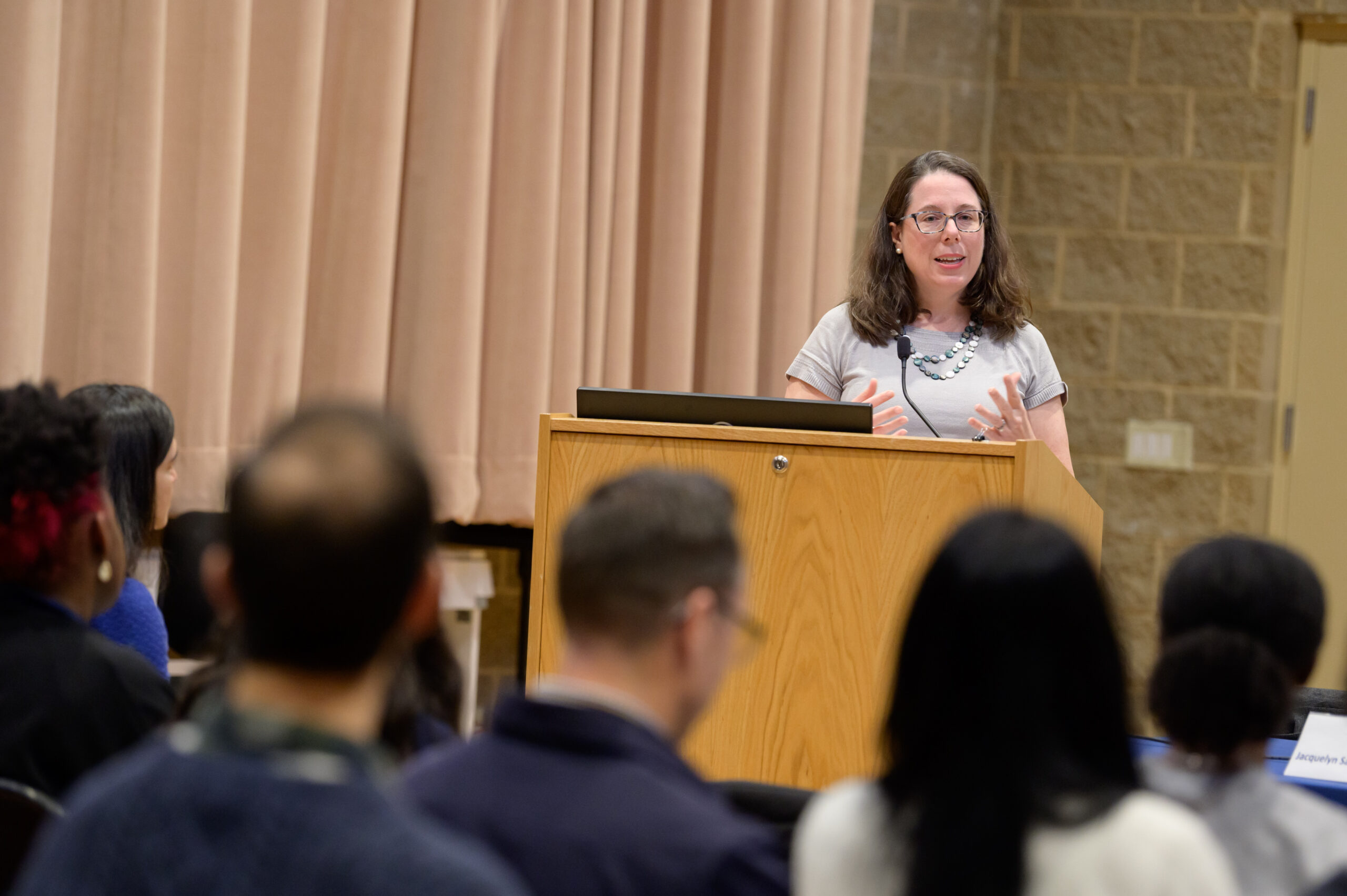
Abby Williamson, associate professor of political science and public policy and law.
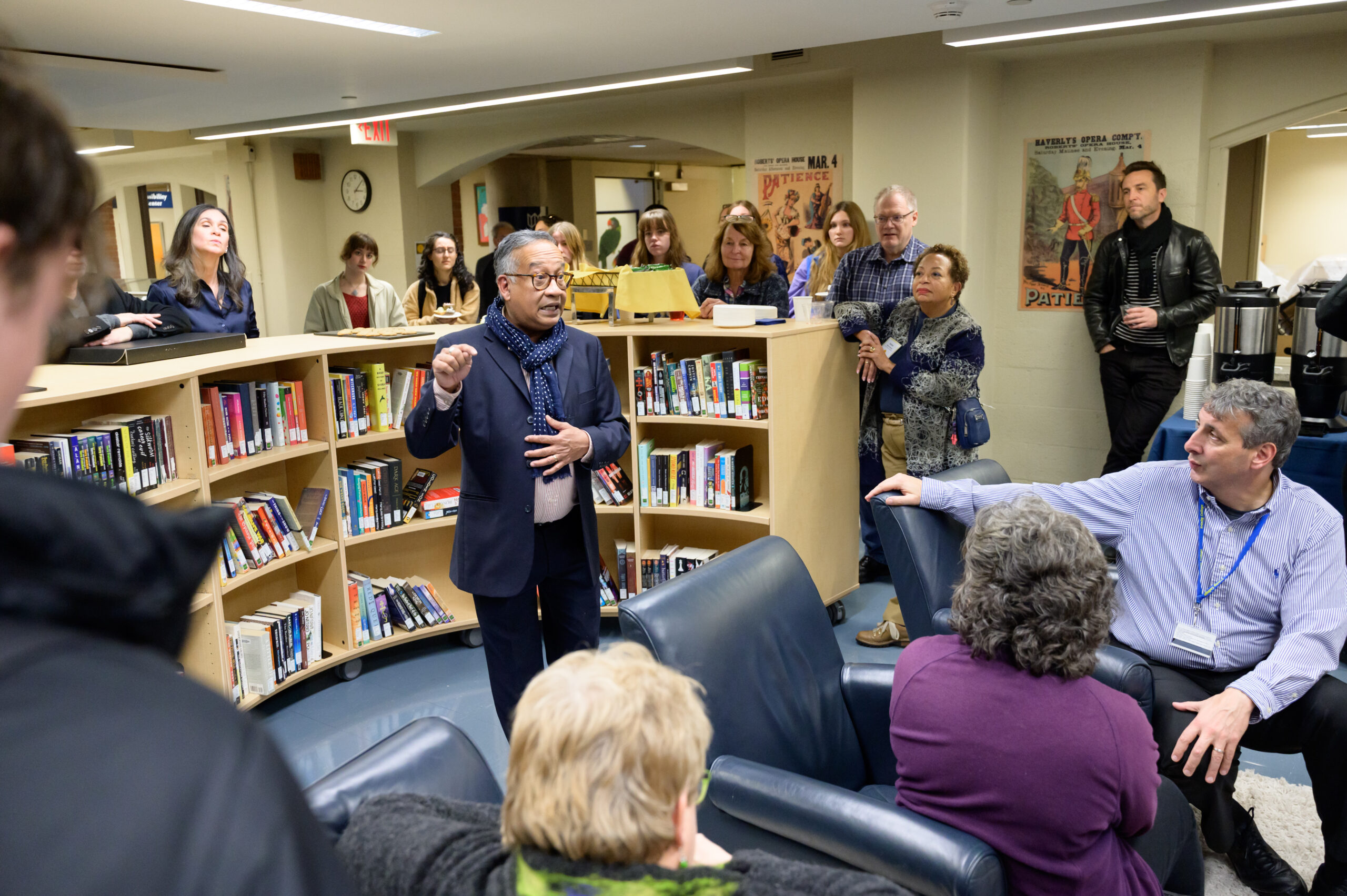
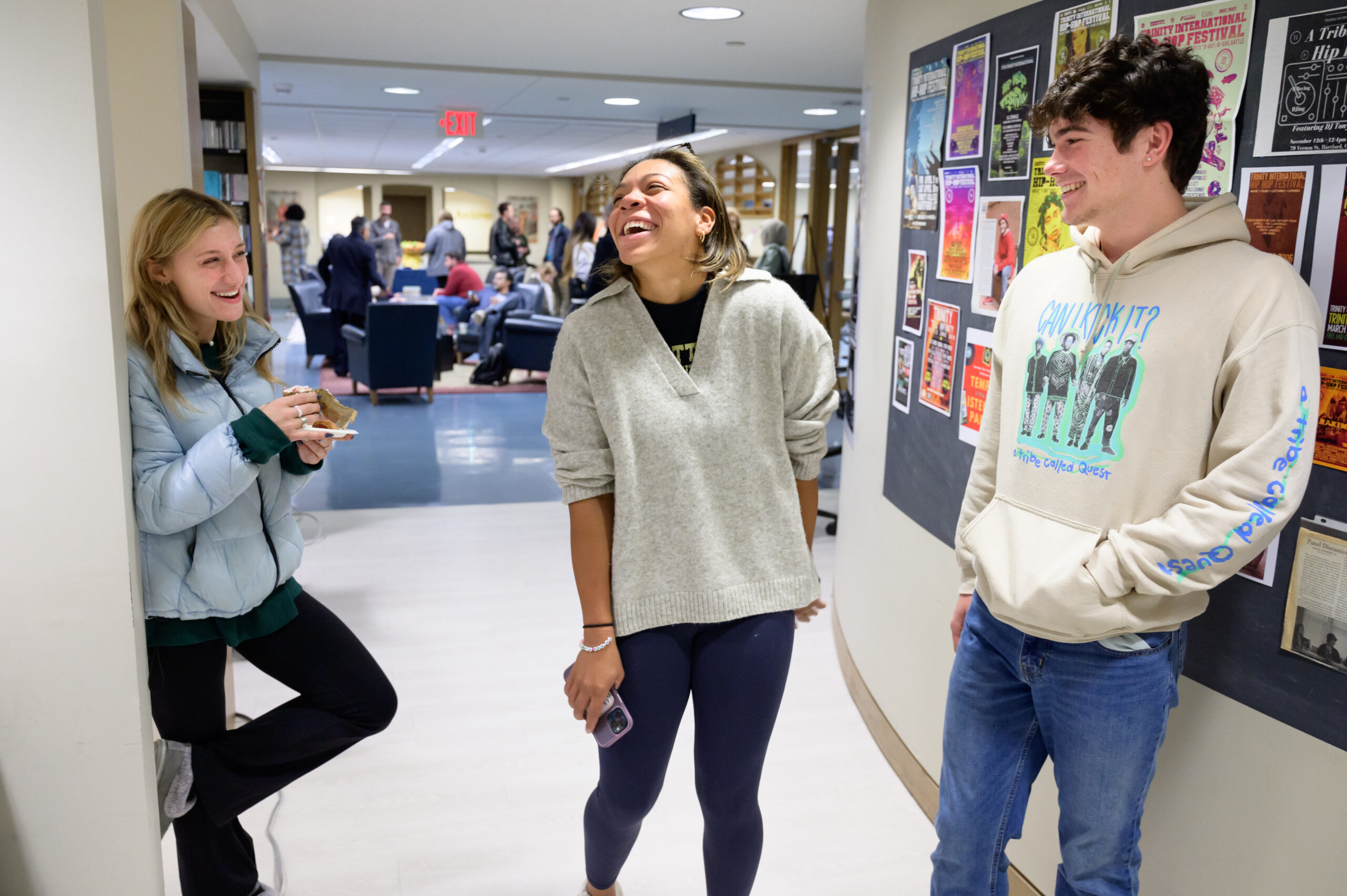
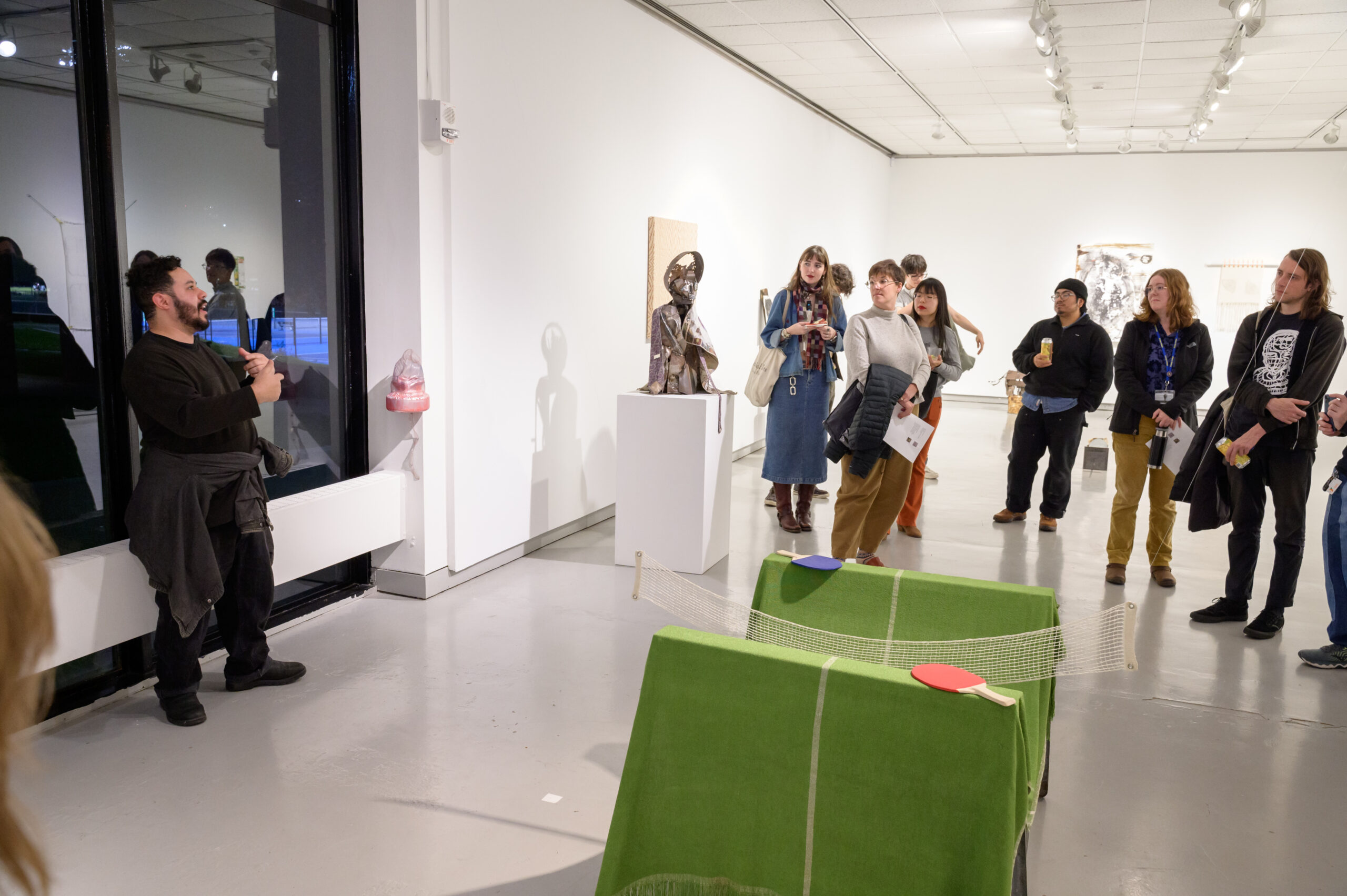

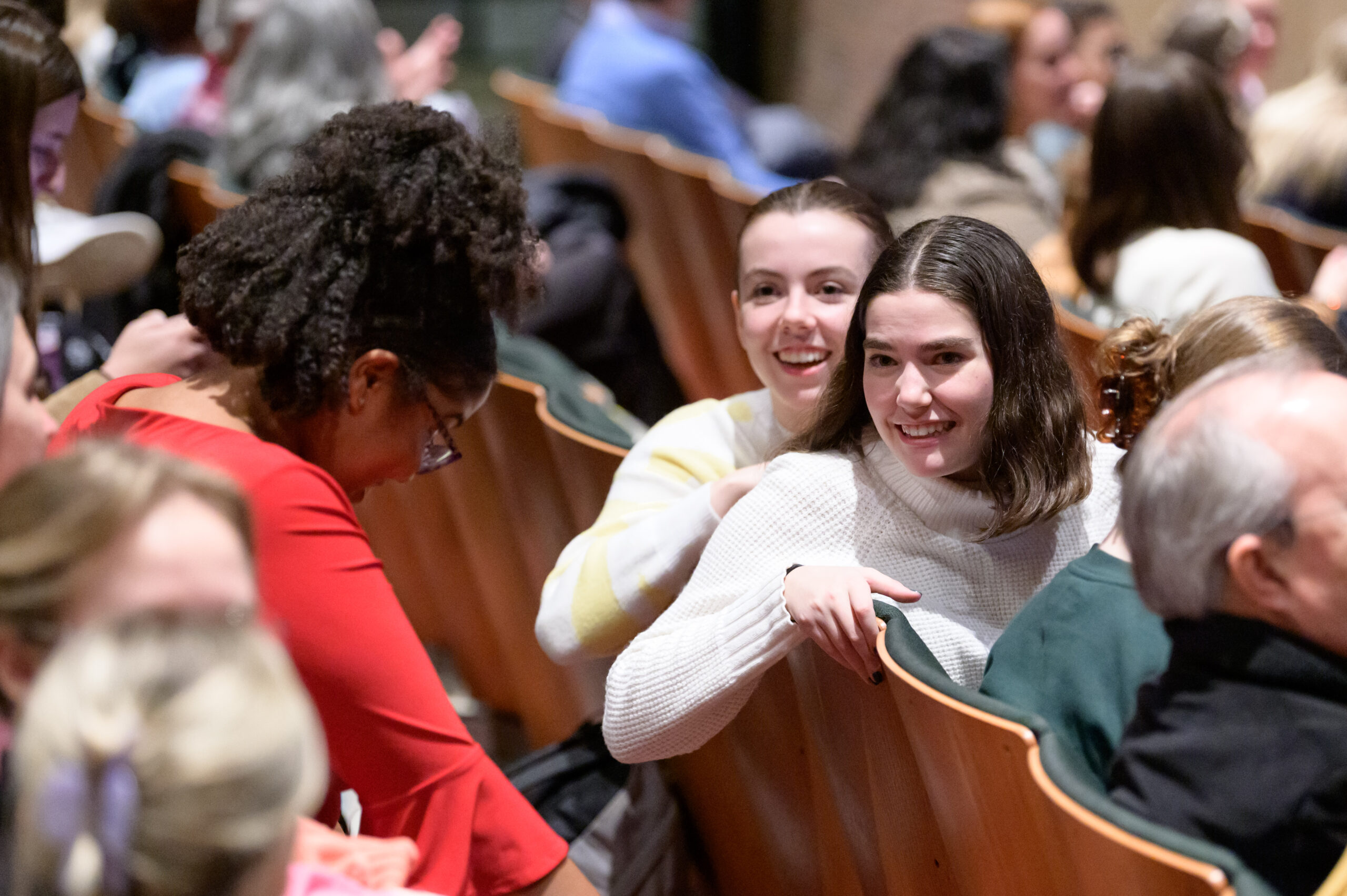
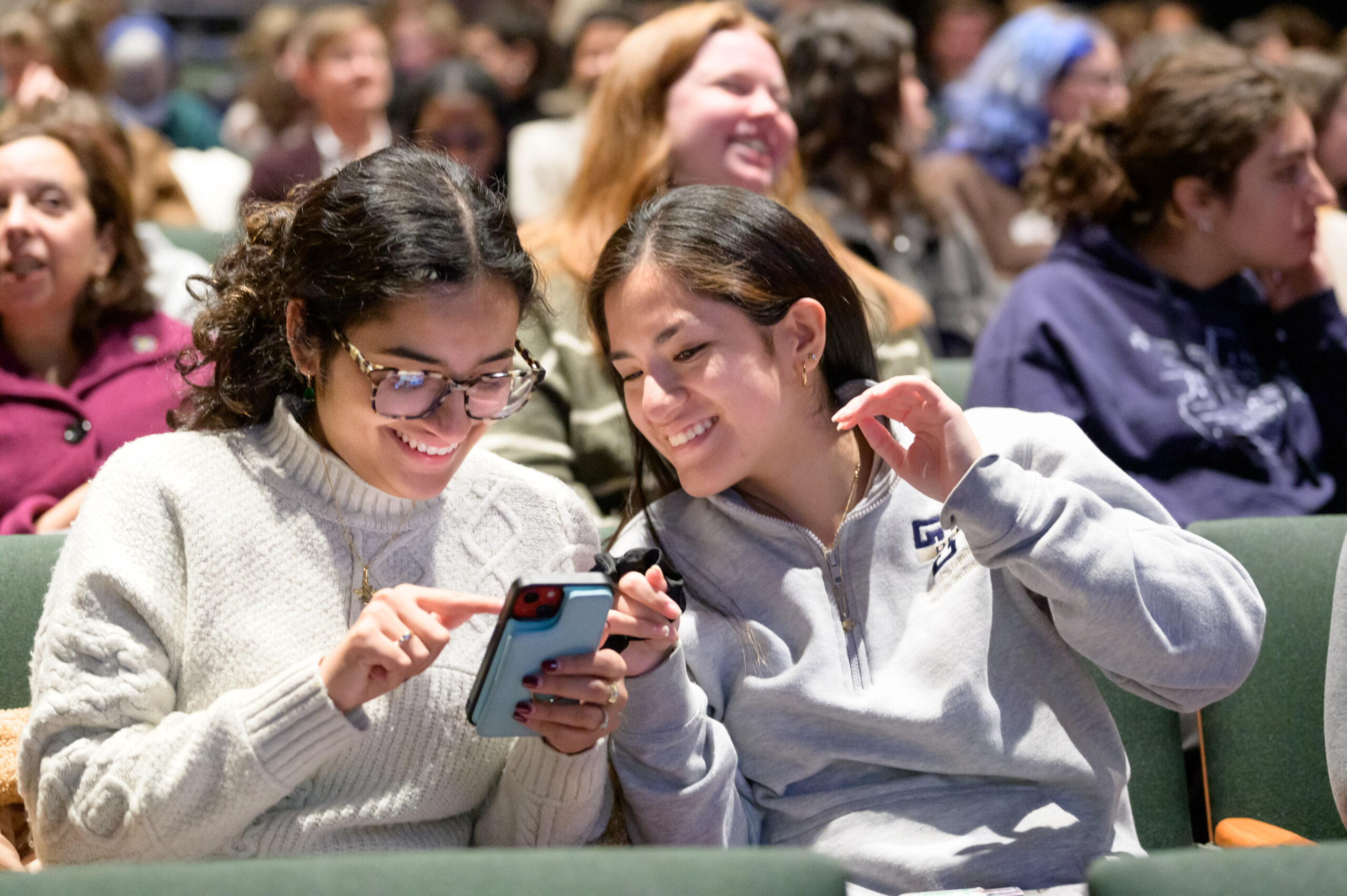
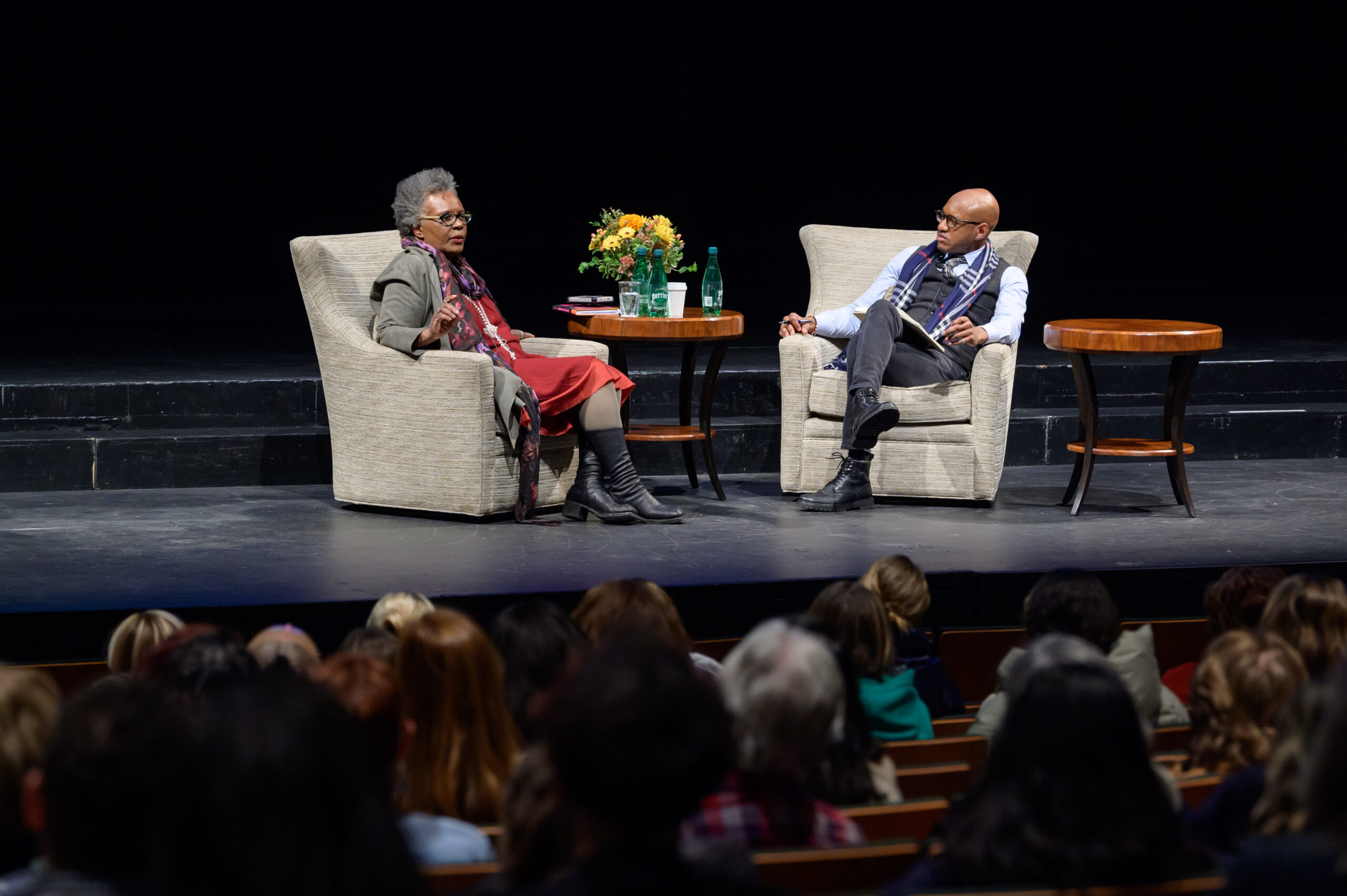
Bicentennial Fall Symposium evening keynote speaker, poet, and essayist Claudia Rankine, left, in conversation with David Sterling Brown '06, associate professor of English.
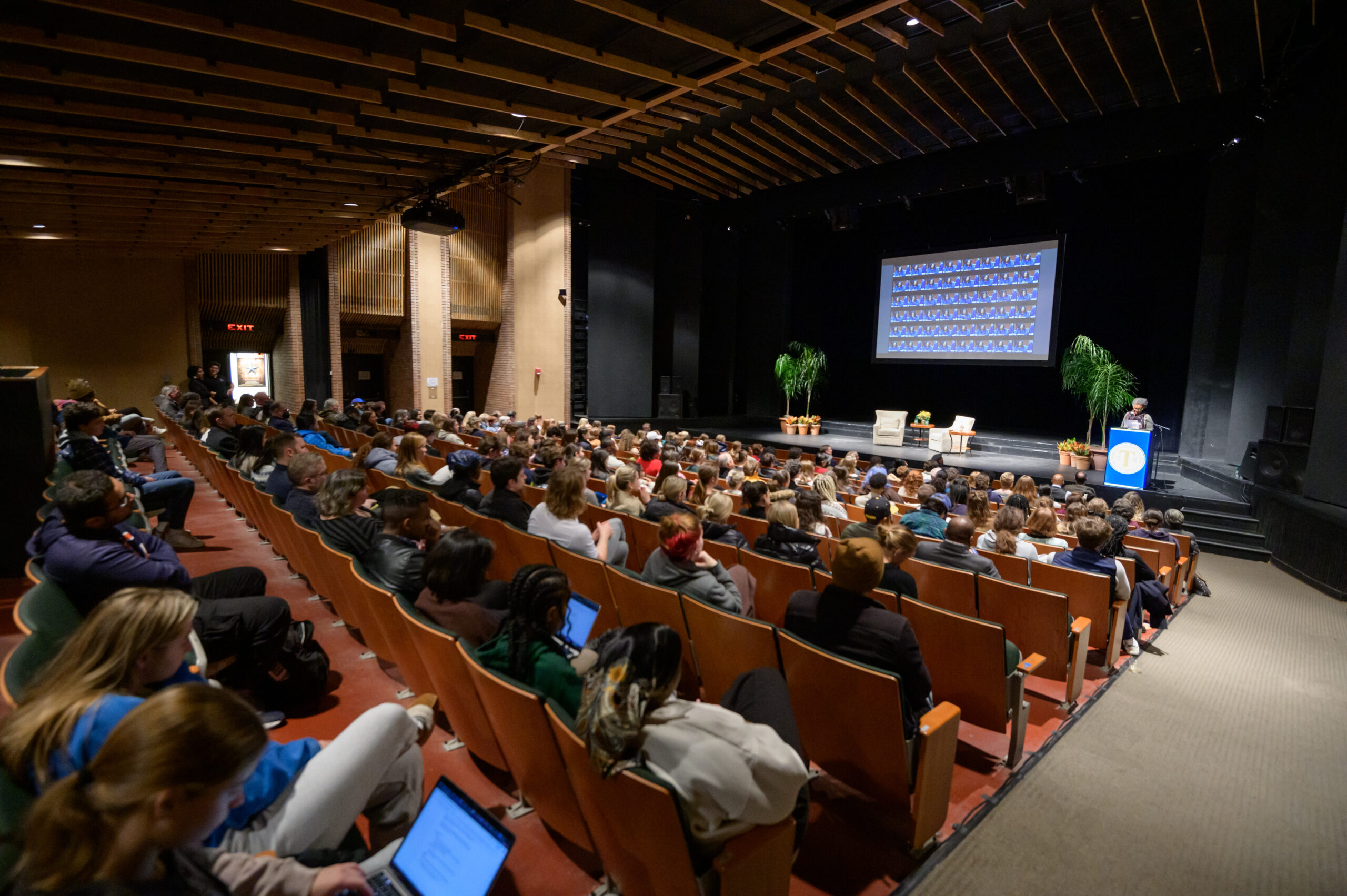
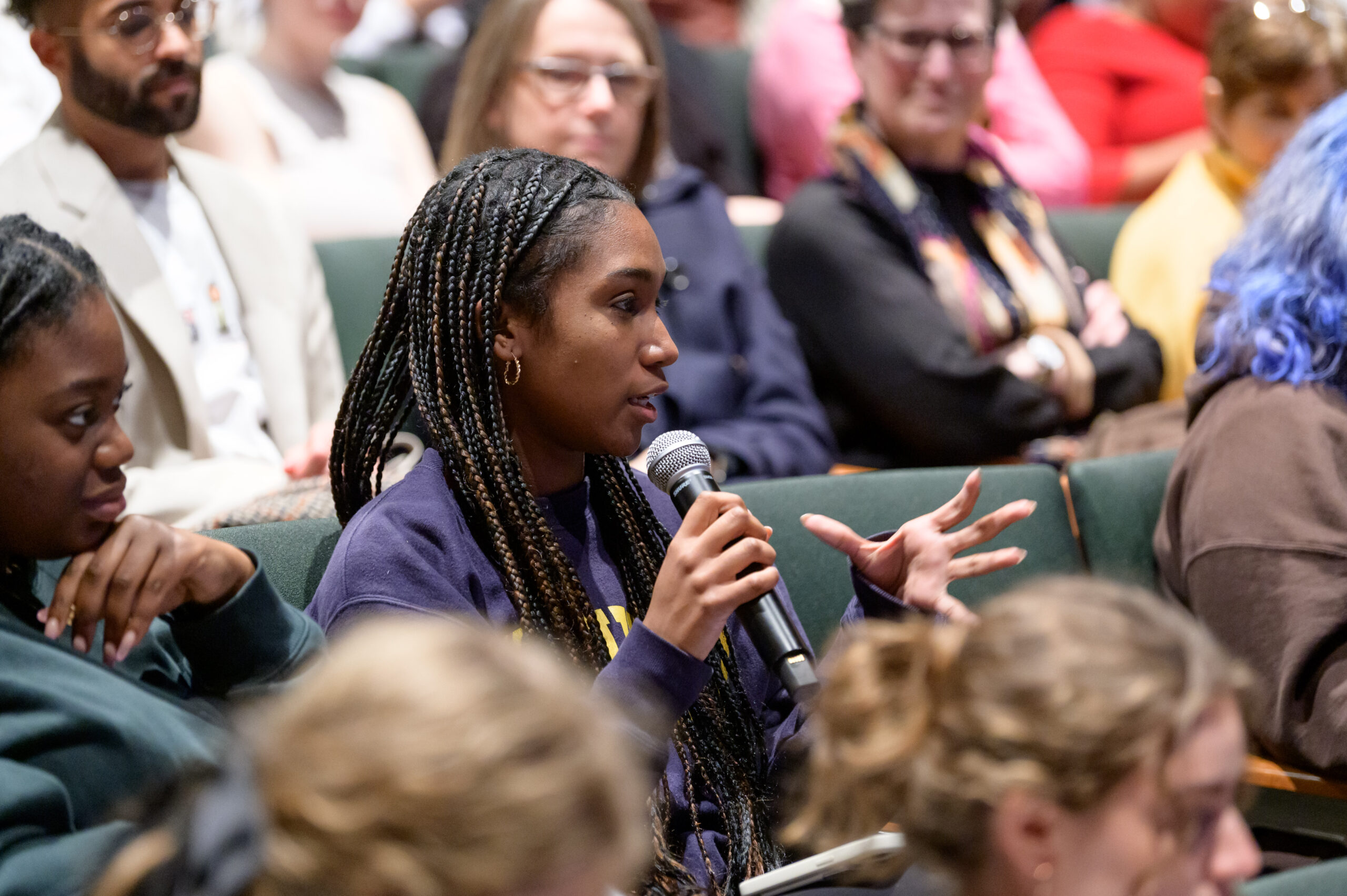
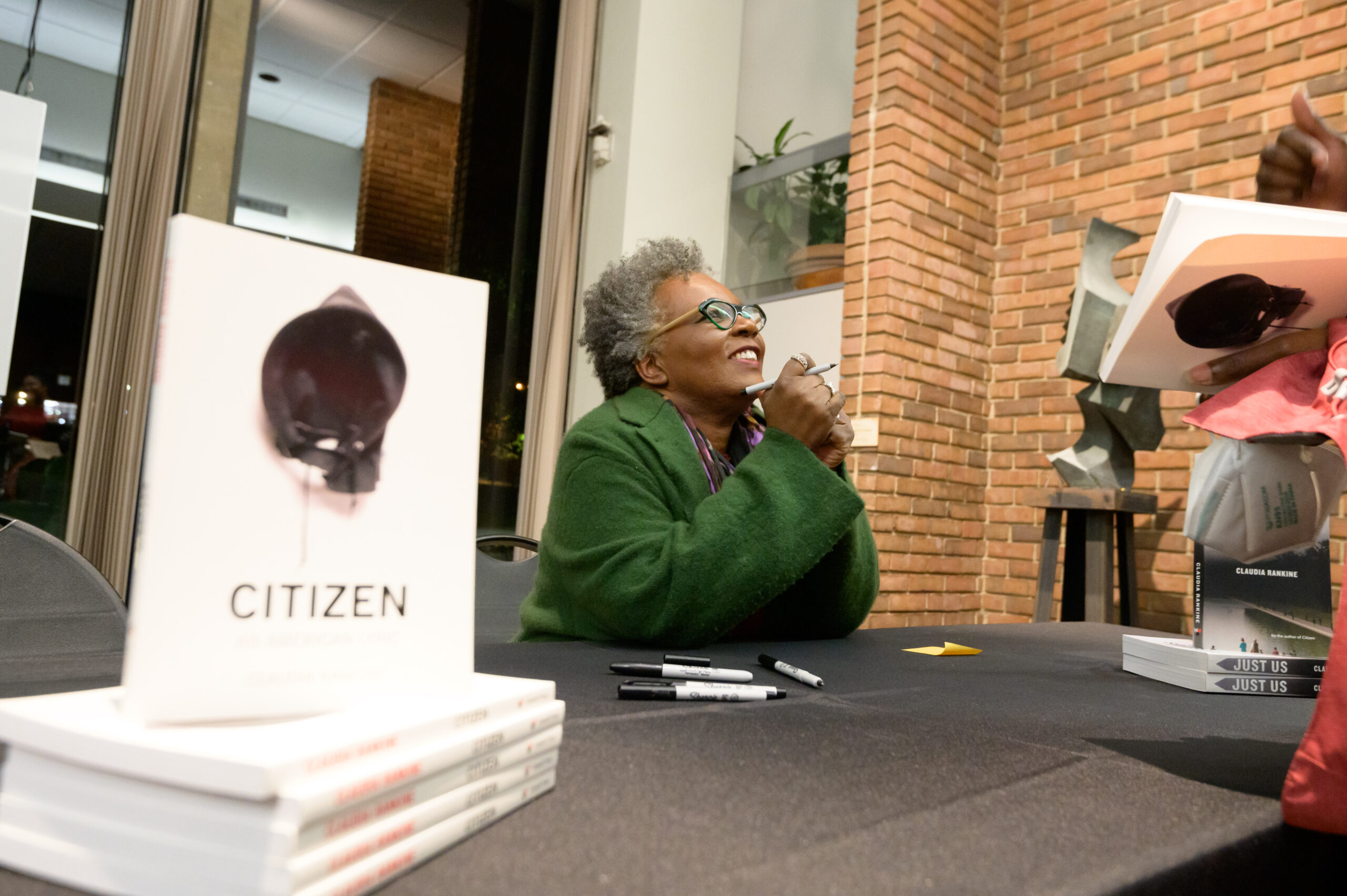
Poet and essayist Claudia Rankine, author of Citizen, talks to members of the Trinity community.
